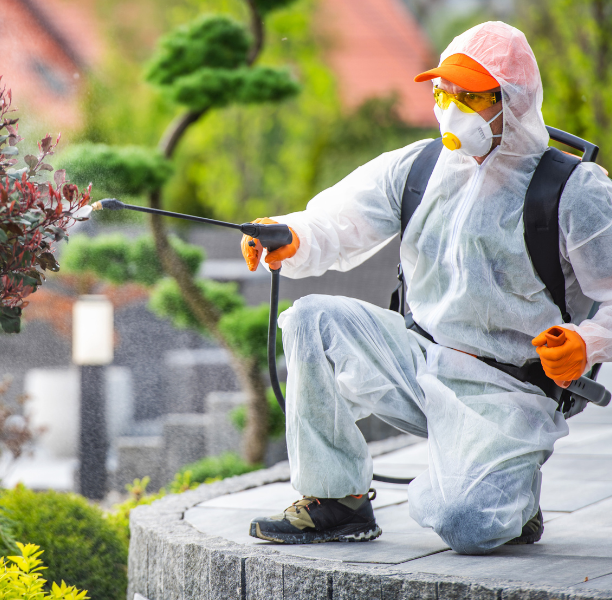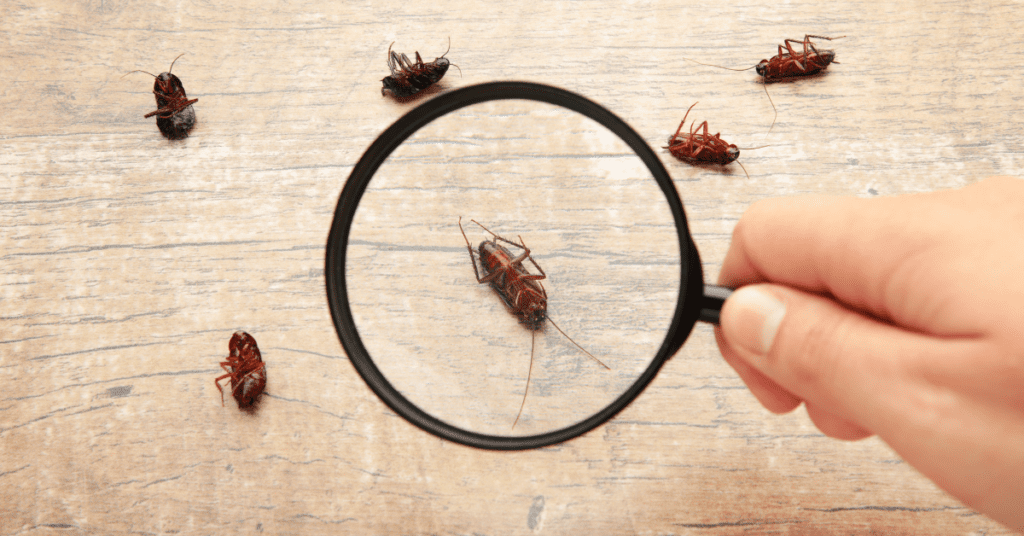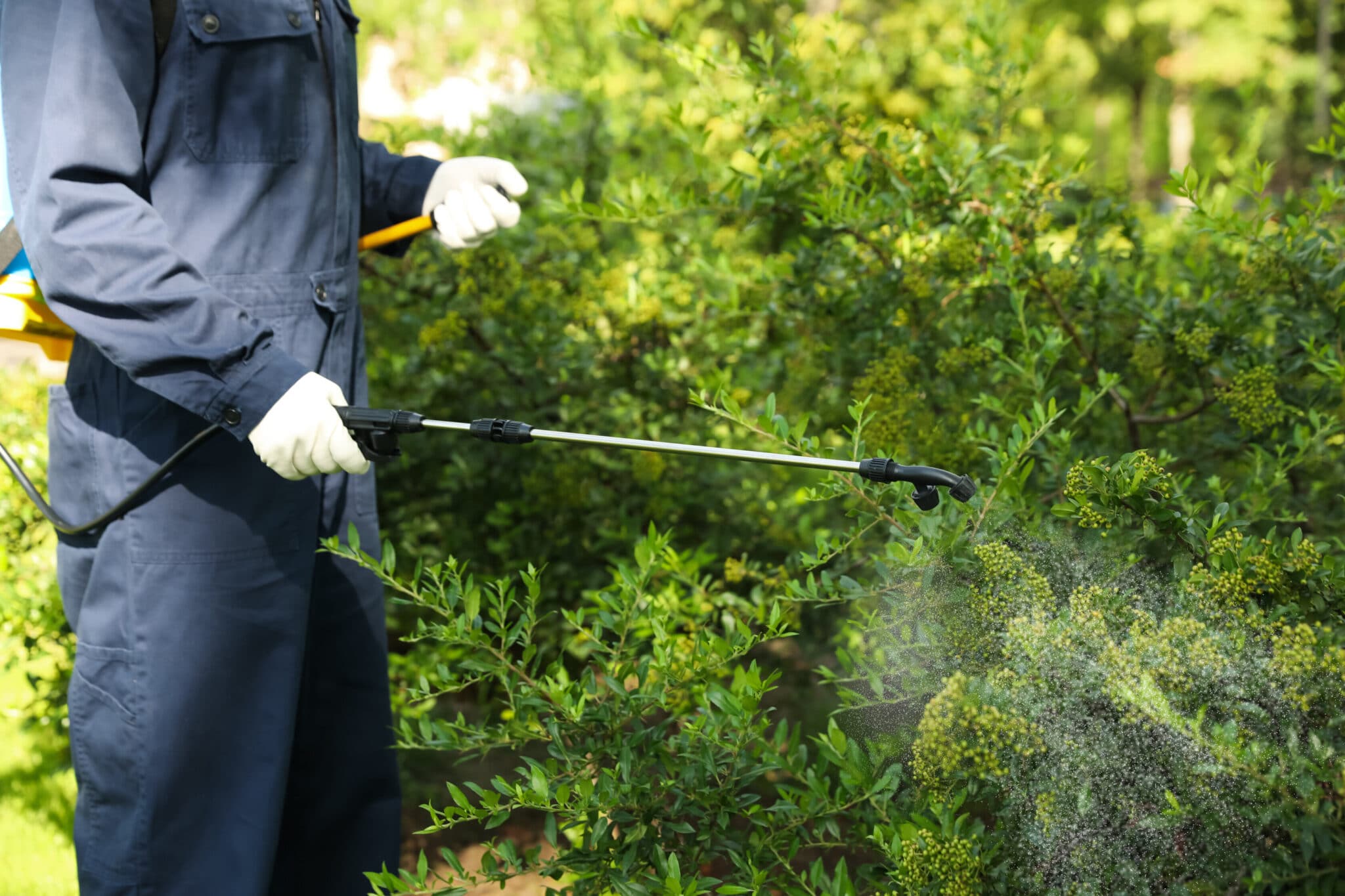Safe and Dependable Parasite Control for Lasting Security
The significance of trusted and risk-free pest control can not be overemphasized, especially in a period where ecological issues are extremely important. Efficient pest administration requires a diverse approach that stabilizes ecological honesty with the need for reliable bug reductions. By exploring green services and incorporated pest management methods, homeowners can accomplish long-term protection versus invasive species while safeguarding advantageous environments. Nevertheless, the subtleties of these methods might not be quickly clear, prompting a closer assessment of the methods that can lead to lasting insect control outcomes. What actions can be taken to make certain both safety and security and efficiency in bug monitoring?
Recognizing Insect Control Approaches
Pest control incorporates a selection of methods aimed at handling and removing unwanted pests and rats that can intimidate both wellness and residential or commercial property. Understanding these methods is crucial for efficient insect management.
The key groups of insect control methods include mechanical, biological, and chemical strategies. Mechanical techniques involve physical obstacles and traps to stop pest access and capture unwanted species. Utilizing screens on home windows or utilizing sticky traps can dramatically lower pest populations without presenting hazardous materials - exterminator coquitlam.

Chemical pest control is usually the most acknowledged method, using chemicals to get rid of bugs. These chemicals can be efficient but must be utilized with caution to stay clear of adverse effects on non-target species and the atmosphere.
Benefits of Eco-Friendly Solutions
Just how can green options transform pest control practices? The adoption of green bug control methods supplies many benefits, considerably enhancing the performance and safety of parasite administration.

One more benefit is the positive influence on neighborhood biodiversity. Environment-friendly remedies are developed to target certain pests while preserving helpful bugs and wild animals, promoting a balanced ecological community. This approach aligns with the growing customer demand for lasting practices, improving the online reputation of pest control suppliers.
Integrated Parasite Management Approaches
The execution of environmentally friendly options normally leads to the adoption of Integrated Pest Management (IPM) techniques, which even more boost parasite control efficiency. IPM is an all natural approach that combines numerous methods to take care of pest populaces while minimizing ecological influence. This strategy emphasizes using biological, social, mechanical, and chemical controls, ensuring a sustainable and well balanced approach of parasite management.
One fundamental facet of IPM is the thorough assessment of pest activity and ecological problems. By keeping an eye on bug populations and recognizing their life process, experts can carry out targeted interventions that disrupt the pest's environment or lifecycle, lowering dependence on chemical pesticides. Furthermore, cultural techniques such as plant rotation and environment control can substantially decrease pest facility and reproduction.
Another critical part is using organic control agents, such as beneficial pests or bacteria, which can normally reduce parasite populations. When chemical applications are necessary, IPM focuses on making use of low-risk chemicals and applies them uniquely, reducing direct exposure to non-target microorganisms website here and humans.
Including IPM methods not just enhances parasite control effectiveness yet additionally promotes a more secure environment, aligning with the expanding demand for sustainable methods in pest monitoring.
Safe Practices for Property Owners
Recognizing the value of risk-free techniques in pest control can equip homeowners to effectively handle parasite issues while securing their health and the atmosphere. Carrying out non-toxic methods and precautionary measures is critical in lessening direct exposure to hazardous chemicals.
Homeowners must initially analyze their setting for problems that bring in parasites, such as standing water, mess, and food waste. Consistently cleansing and securing entrance points can discourage insects from getting into the home. Utilizing natural deterrents, such as essential oils or diatomaceous planet, can give reliable alternatives to chemical pesticides.
When chemical treatments are required, property owners should select items that are especially identified as secure for property usage. It is vital to adhere to application standards carefully to avoid too much exposure. In addition, using targeted therapies in locations where insects are identified, instead of blanket spraying, can this link significantly reduce chemical usage.
Finally, keeping open communication with bug control experts is crucial. Property owners should ask about the safety and security of products used and demand environment-friendly options whenever feasible. By adopting these risk-free techniques, property owners can create a much healthier living environment while successfully taking care of insect concerns.

Tips for Long-Term Security
Developing an insect monitoring strategy that highlights lasting protection can considerably enhance the effectiveness of the risk-free techniques previously talked about. To attain this, house owners must apply routine examinations of their home, concentrating on hidden locations such as attic rooms, cellars, and crawl spaces. Early detection of bug task is important in preventing infestations from taking hold.
Furthermore, preserving a tidy setting is essential. This consists of proper food storage space, promptly cleaning spills, and routinely throwing away waste. These techniques lower attractants that attract pests into the home. Securing access factors, such as fractures around doors and windows, can effectively obstruct possible bug dig this gain access to.
Landscape design ought to also be considered; maintaining plants trimmed and maintaining a range in between greenery and the home minimizes concealing areas for pests. Making use of natural deterrents, such as important oils or diatomaceous planet, can better prevent infestations without considering extreme chemicals.
Lastly, teaming up with an expert pest control solution for regular assessments can give an additional layer of safety and security. These specialists can provide customized suggestions and progressed treatments, making certain that your home stays protected against parasites in the long term.
Verdict
In final thought, safe and trustworthy insect control needs a multifaceted technique that stresses environmentally friendly methods and incorporated pest administration. By applying natural deterrents, carrying out normal inspections, and preserving correct sanitation, residential or commercial property proprietors can significantly decrease bug populaces while protecting valuable pests and the atmosphere. Partnership with specialist pest control solutions improves the effectiveness of these techniques, making certain tailored options that offer long-term defense and tranquility of mind versus future infestations.
Effective insect administration needs a complex strategy that stabilizes ecological integrity with the need for effective pest suppression. The adoption of environmentally friendly bug control approaches uses many advantages, substantially boosting the efficiency and security of bug administration.The implementation of green solutions normally leads to the fostering of Integrated Bug Administration (IPM) techniques, which even more enhance pest control efficacy. exterminator coquitlam. By keeping track of insect populations and recognizing their life cycles, experts can apply targeted interventions that disrupt the pest's environment or lifecycle, minimizing reliance on chemical pesticides.In conclusion, secure and trusted insect control requires a complex method that emphasizes green techniques and integrated parasite administration